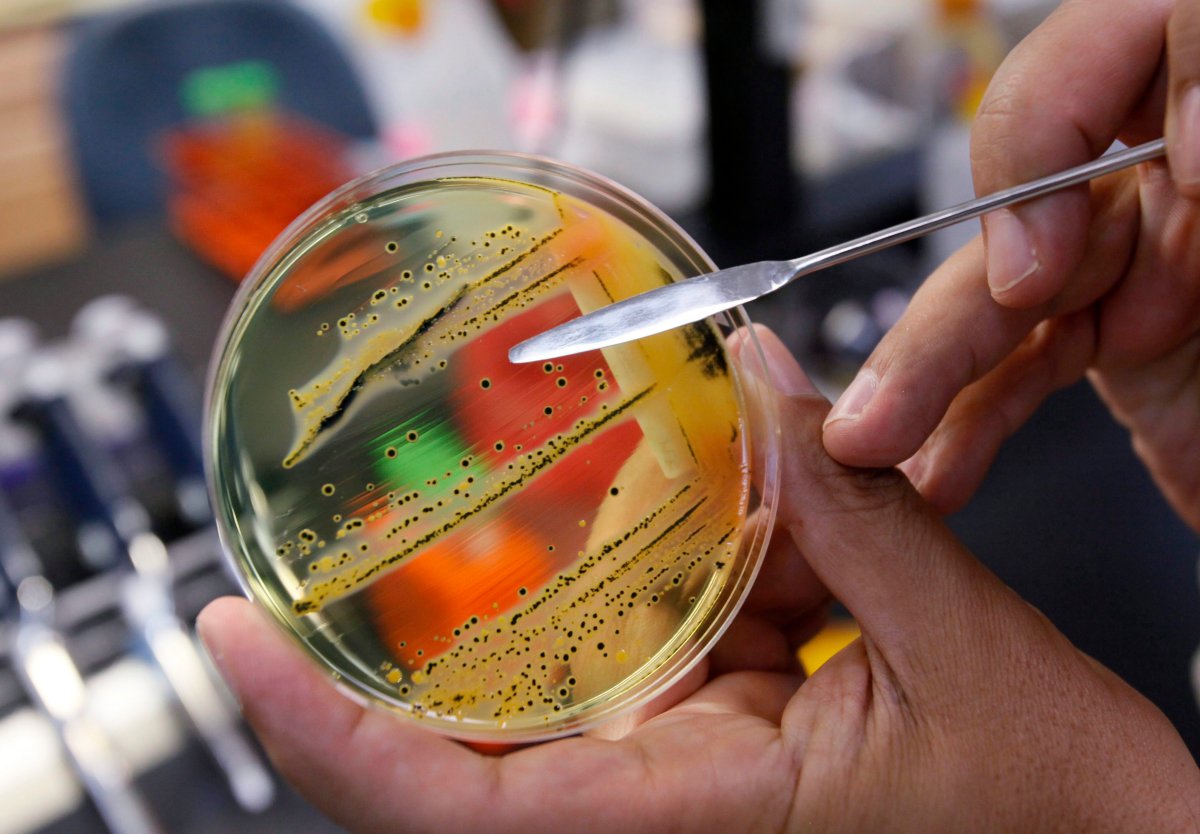New Brunswick health officials have declared a salmonella outbreak in the province.

The decision comes after the province confirmed 13 cases of the bacterial disease between June 16 and July 27. Two potential cases remain under investigation.
A specific cause of the outbreak has not been identified.
However, salmonella enteritidis is commonly associated with the consumption and handling of raw chicken and eggs. It can also be spread through contact between cooked foods and raw poultry on unwashed cutting boards or knives.
The bacteria is also passed in the feces of infected people and animals and can be found in contaminated soil, food, water or on surfaces.
The outbreak has occurred in the province’s northern and eastern regions, a press release said.
New Brunswick’s Department of Health is continuing to monitor the situation and is in touch with the Public Health Agency of Canada.

“When preparing raw meats, the risk is especially high for certain kinds of food poisoning, including infection caused by the bacteria salmonella enteritidis,” said Dr. Jennifer Russell, New Brunswick’s chief medical officer of health.
“I strongly encourage people to take safety precautions when handling raw chicken and eggs and to ensure that these and all raw meat products are thoroughly cooked.”
Symptoms of salmonella infection usually appear within one or two days after a person becomes infected with the bacteria.
Most people who become ill experience diarrhea, stomach cramps, headache, nausea, vomiting and fever.
Symptoms usually last less than a week although serious illness can develop in some people.
New Brunswickers are urged to reduce the risk of food poisoning and salmonella exposure by thoroughly cooking food and cleaning up properly.
The province recommends using a digital thermometer to check when meat and pultry are safe to eat. The safe to eat, internal temperatures for cooked meat are:
- 85 C for whole poultry
- 71 C for ground beef
- 74 C for leftover food
New Brunswick health department says eggs are also safer when thoroughly cooked.
They are encouraging New Brunswickers to wash their hands and surfaces often to avoid the spread of bacteria.
- Canadian man dies during Texas Ironman event. His widow wants answers as to why
- ‘Sciatica was gone’: hospital performs robot-assisted spinal surgery in Canadian first
- Canadians more likely to eat food past best-before date. What are the risks?
- Treatment from female doctors leads to lower death rates, study finds




Comments